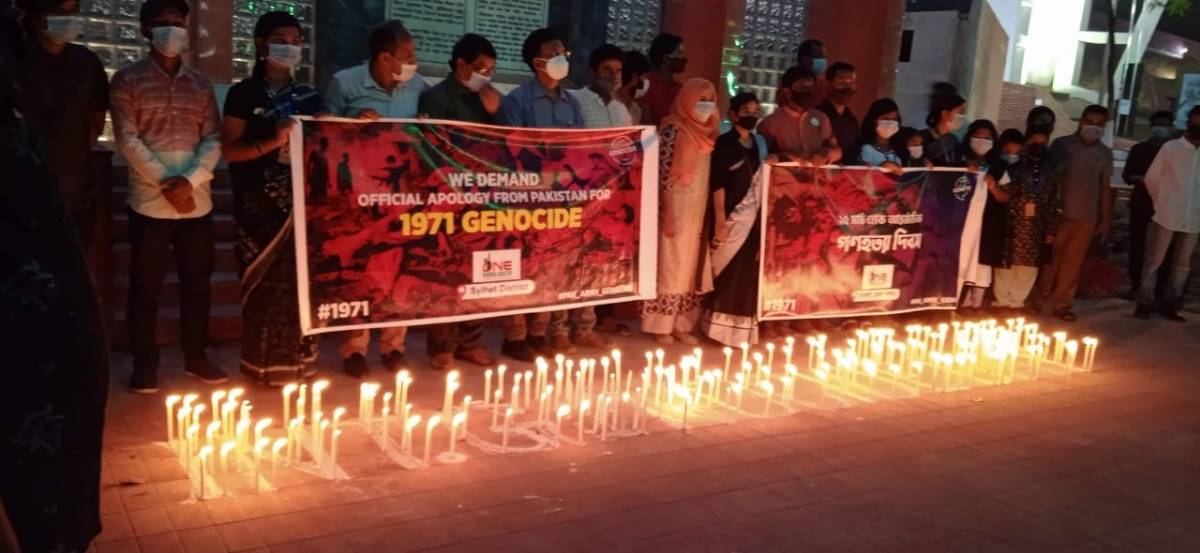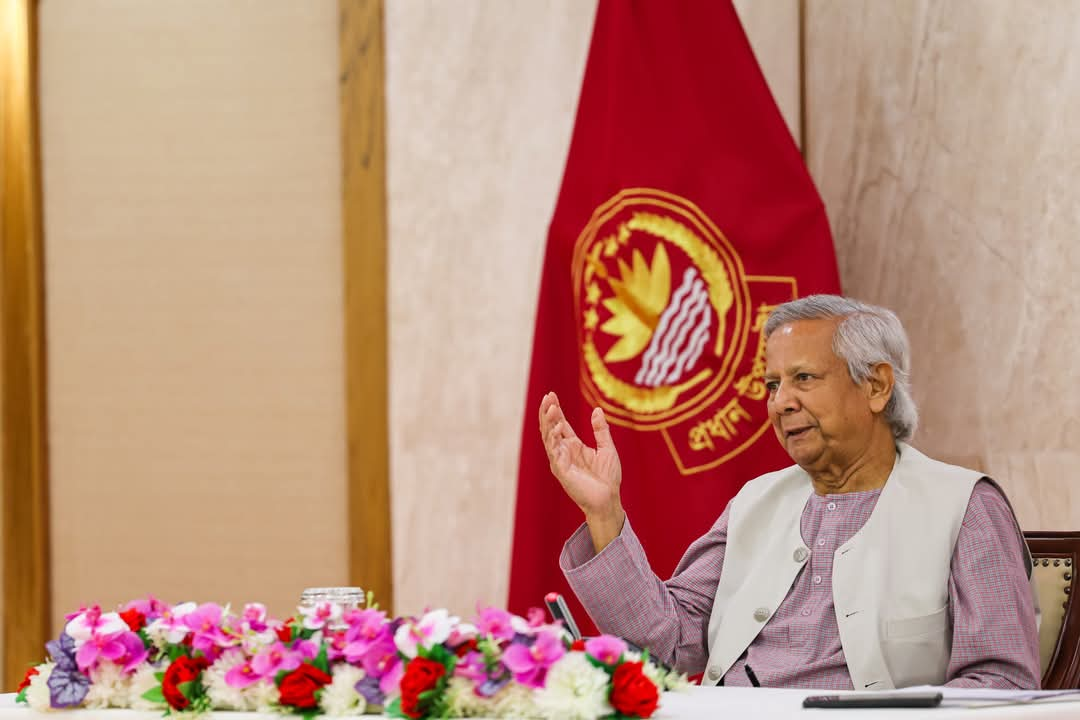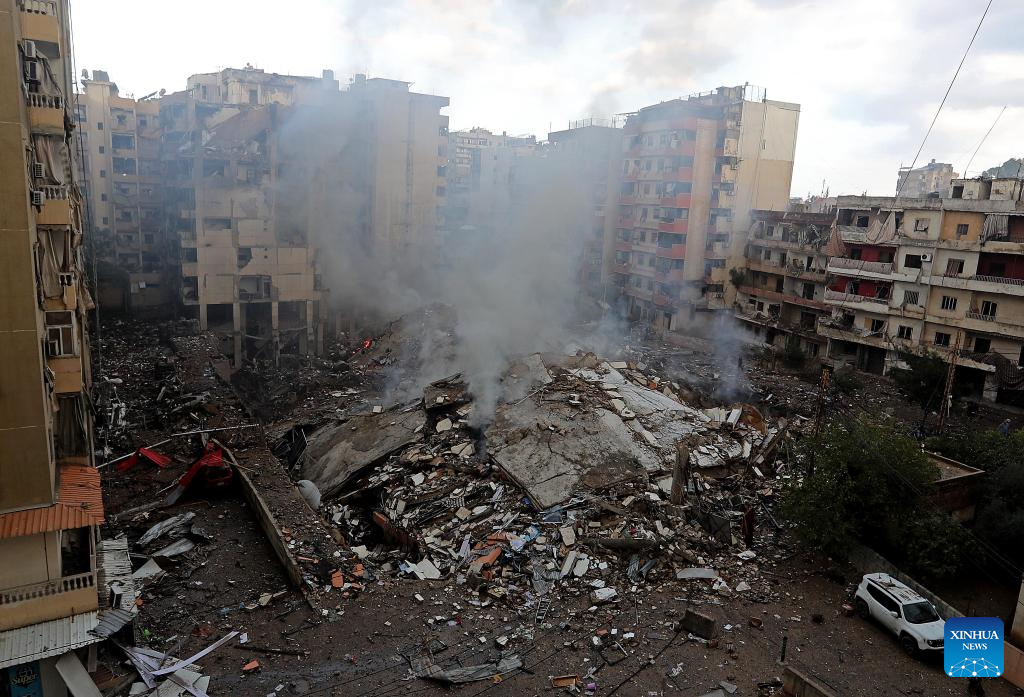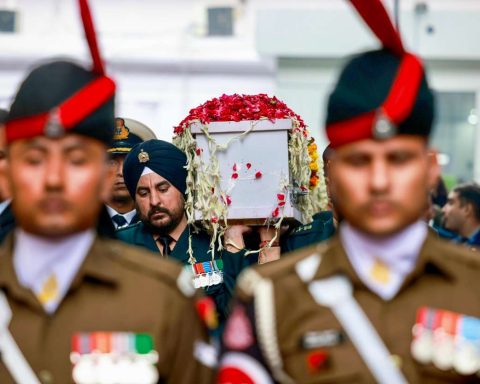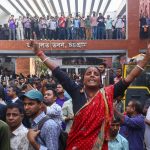The international community is now aware about Turkey and its notorious army’s role in the Armenian genocide. But, how can they ignore the killing of 300,000 unarmed civilians during the liberation war in Bangladesh. Do we have right to seek justice and heal our buried wounds? .…. A special report Farzana Mahmood (Barrister-at-Law), Advocate, Supreme Court of Bangladesh, Human rights activist and Researcher
The brutal killings of 30,00,000 unarmed and innocent civilians during the 1971 liberation war by the Pakistani army and their local collaborators in Bangladesh with the intention of exterminating the Bengalis as well as the religious minorities, specifically the Hindus, falls within the ambit of crimes of genocide under the Genocide Convention of 1949.
With the aim to change the race of the Bengalis, rape was carried out in a systematic way against 2,00,000 women of Bangladesh by the Pakistani army1. The widespread atrocities, degrading, and inhuman treatment and rape committed by the Pakistani forces can be identified as crimes against humanity. Though the Hamoodur Rahman Commission Report of Pakistan concealed data about the immensity of the atrocities, it admitted that approximately 26,000 innocent Bengalis had been killed by the Pakistani army.
After the victory of Bangladesh when Pakistani army surrendered nearly 93,000 Pakistani civilians and army officers were taken to Indian custody as Prisoners of War (POWs) while more than 1,20,000 Bengalis were trapped in West Pakistan. The United Nations Security Council passed a resolution on December 21, 1971 asking the countries involved in War to observe the Geneva Convention and not to attach any conditions to the repatriation of the POWs.
Immediately after his return in Bangladesh from the Pakistani jail, the Father of the Nation Bangabandhu Sheikh Mujibur Rahman initiated the formal process of war crimes trial. While Bangabandhu lead Awami League Government had identified 195 Pakistan army personnel as Pakistani POWs for trail, Pakistan Government seized 203 Bengalis in Pakistan as hostage. In April 1973, Pakistan issued a statement saying, “Pakistani Government rejects the right of the authorities in Dhaka to try any among the prisoners of war on criminal charges, because the alleged criminal acts were committed in a part of Pakistan by citizens of Pakistan. But Pakistan expresses its readiness to constitute a judicial tribunal of such character and composition as will inspire international confidence to try the persons charged with offenses”.
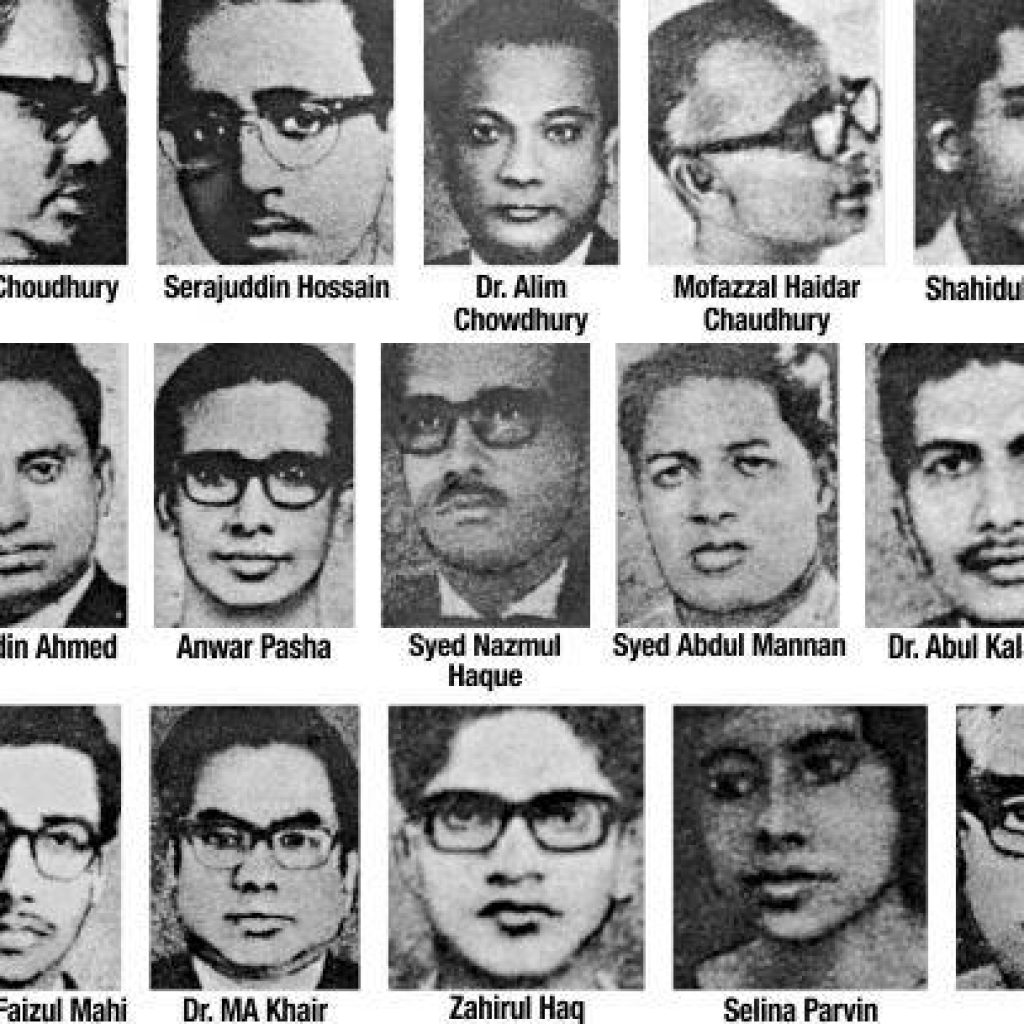
The Hamoodur Rahman Commission report recommended to take effective action to punish those POWs in Pakistan who were responsible for committing the alleged atrocities in East Pakistan. While Zulfiqar Ali Bhutto announced that if Bangladesh carries out the trial, Pakistan would also hold similar tribunals against the Bangladeshi army officers who were serving in West Pakistan. In an interview on May 27, 1973, Bhutto also said: “Public opinion will demand trials of Bangladeshis here. We know that the Bengalis passed on information during the war. There will be specific charges. How many will be tried, I cannot say.” In such a tense situation, the concern over the lives of the Bengalis trapped in Pakistan and regional peace became serious issues, which were under clear threat.
Moreover, Bangladesh needed global recognition as an independent state and access to the United Nations. Pakistan continued its lobby not to let that happen and Zulfiqar Ali Bhutto insisted that Pakistan would accept Bangladesh as a separate state if the Pakistani POWs were released. Bangabandhu was determined to try the Pakistani POWs for the atrocities and genocide committed against the Bengalis, but in this endeavour he did not get support from any corner. As a party to the Geneva Convention India was obliged to promptly start the repatriation of the Pakistanis and could not lawfully transfer the hostage Pakistani POWs to Bangladesh’s custody.
Also read:India pushes for trilateral highway via B’desh
The Simla Agreement signed between India and Pakistan in July 1972 allowed the simultaneous release of most of the Bengalis and Pakistanis held in Pakistan and India respectively. Pakistan and India agreed that the issue of 195 Pakistani POWs would be settled between Bangladesh and Pakistan. Eventually, Bangladesh accepted Pakistan’s proposal to withdrew the demand for trying the Pakistani POWs in Dhaka- fearing for the life of the Bengalis trapped in Pakistan, regional peace and to gain the much-needed international recognition and access to the United Nations. The listed POWs were repatriated to Pakistan after an Agreement was signed between India-Pakistan-Bangladesh in Delhi, in April 1974. The 195 Pakistani POWs though repatriated were not freed from criminal charges. Also, Bangladesh expected that Pakistan would hold the trials of the Pakistani POWs as promised by the Pakistan Government, but this never happened.
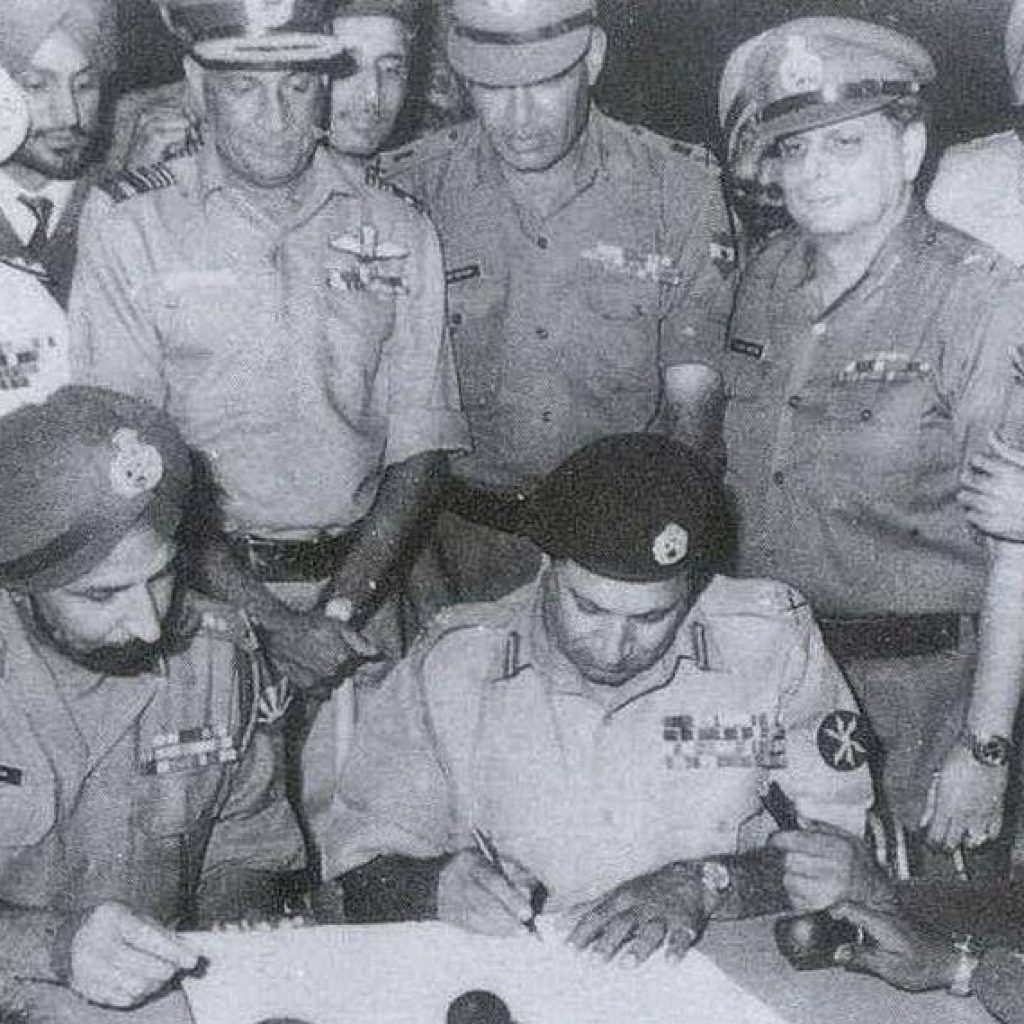
After 38 years of Independence in 2009 the Awami League Government established a tribunal named International Crimes Tribunals, Bangladesh under the International Crimes Tribunals Act (ICT), 1973 to try and punish both the local and principal Pakistani perpetrators who committed crimes against humanity and genocide against the Bengalis. The trail of the local perpetrators started in 2012, few notorious war criminals have been punished and the trials of the rest of the offenders are continuing. On many occasions the Awami League Government has expressed sincere desire to try and punish those 195 Pakistani POWs as principal perpetrators of the 1971 genocide.
This desire became a concern for the Pakistani Government and they have referred the 1974 trilateral Agreement to negate the claims of Bangladesh on the trail issue of the Pakistani POWs. The Bangladesh Government contends that the clemency mentioned in the trilateral Agreement never implied that the masterminds and principal perpetrators of war crimes, crimes against humanity and genocide would continue to enjoy impunity. This assertion is implicit in the policies taken by the Awami League Government during the early years of independence. Bangladesh Collaborators (Special Tribunals) Order, 1972 and ICT Act 1973 were promulgated to try and punish the perpetrators of 1971 war. The 1972 Constitution of Bangladesh contained provision that barred from holding office by anyone convicted by the collaborators tribunal, which was later deleted from the Constitution by Major Ziaur Rahman.
Also read:B’desh celebrates 50 years of independence
Moreover, the Constitution also banned those religious political parties whose leaders were involved in the war crimes and genocide. In November 1973, the Awami League Government with the hope to unify the country and maintain internal peace granted a general amnesty for the war criminals except those accused of murder, arson, rape and genocide. Even until the end of 1975, a large number of Bangladeshi war criminals were captivated in different jails of Bangladesh for trials, who were released after the brutal murder of Bangabandhu.
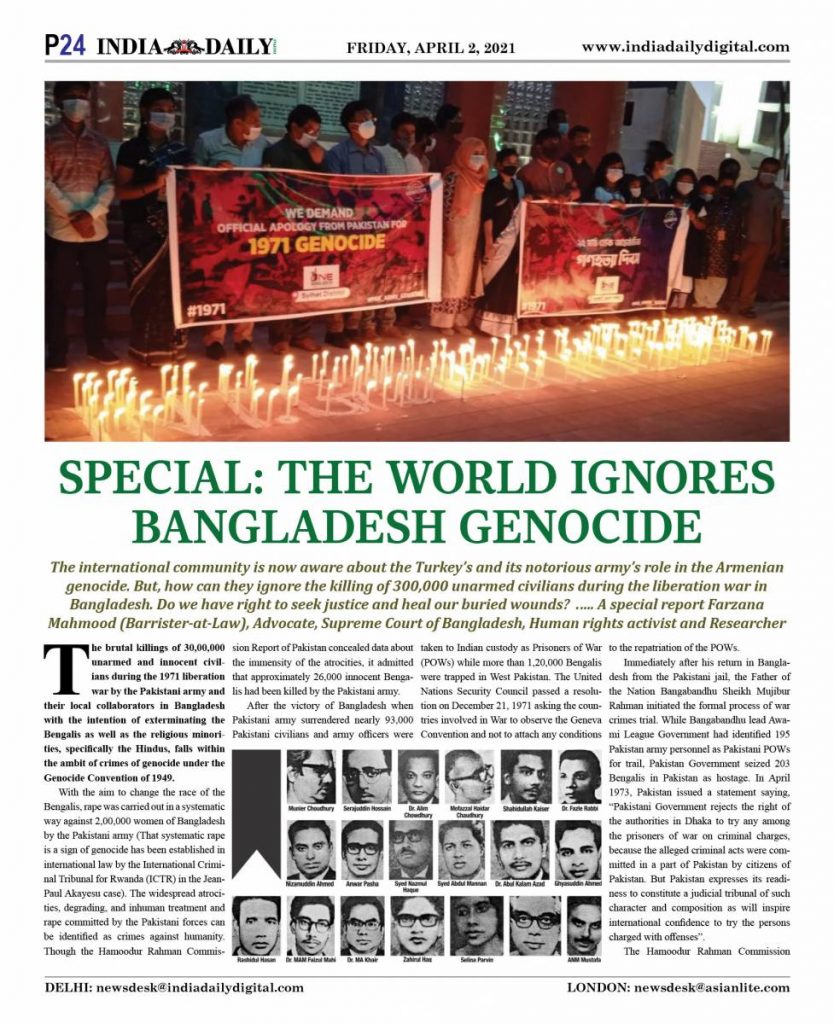
The ICT Act 1973 was enacted with the aim to detain, prosecute and punish the perpetrators of genocide, crimes against humanity, war crimes, and other related crimes punishable under international laws. Section 3 of the ICT Act unambiguously states that any tribunal established under this Act shall have power to try and punish any person accused of war crimes committed in the territory of Bangladesh regardless of their nationality. Bangabandhu declared the independence of Bangladesh in the early morning of 26th March, 1971 and the Pakistani army started committing genocide and war crimes since 25th March midnight which continued till 15th of December, 1971. Therefore, the war crimes were committed in the territory of independent Bangladesh and Bangladesh has every right to try the Pakistani POWs. Under the Act the tribunal has jurisdiction to try a group of individuals, or member of armed, defence, or auxiliary forces, irrespective of his nationality, who has committed genocide, crimes against humanity, war crimes or other related crimes under international law in the territory of Bangladesh. The provisions of the ICT Act clearly mandate the trial of the 195 Pakistani POWs, for committing war crimes and genocide, and the Pakistani political leaders and policy makers who ordered them to commit such crimes.
It is worth mentioning that for the validity of the 1974 trilateral Agreement it must be ratified by the parties concerned. Article 145A of the Constitution of Bangladesh requires that all international treaties to be submitted to the president who will place them before the Parliament for ratification. Till today, Bangladesh has not ratified the trilateral Agreement of 1974, hence the Agreement is not legally binding on Bangladesh and there is no obstacle to try the 195 Pakistani POWs.
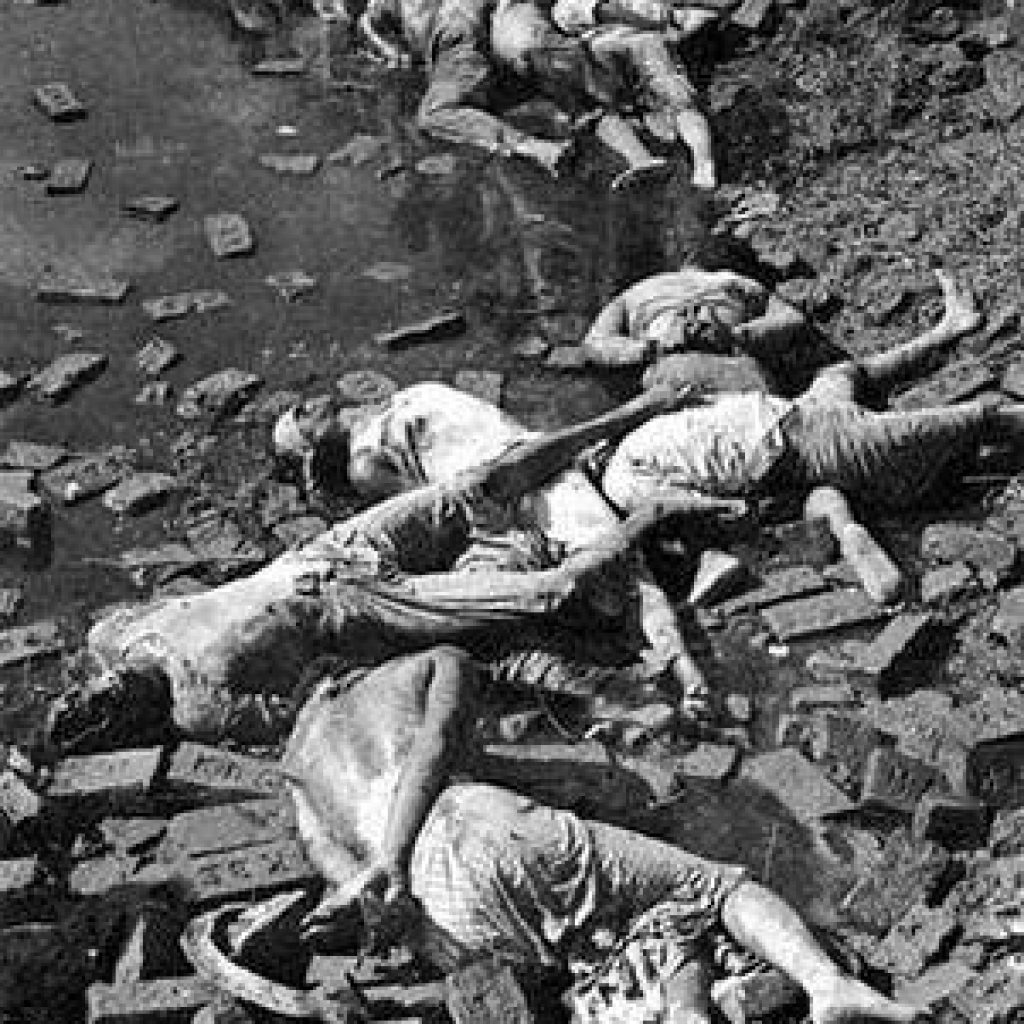
The customary international laws also provide ample opportunity for Bangladesh to try the Pakistani POWs. The Hague Convention 1907, Genocide Convention 1948, Geneva Conventions 1949 and their protocols 1977, defines genocide, war crimes and crimes against humanity and makes them punishable offence. Article 4 of the Genocide Convention 1948 articulates that persons committing genocide shall be punished whether they are constitutionally recognizable rulers, public officials or individuals.
Also read:Social media war between B’desh and Pakistan
The report of United Nations High Commissioner for Human Rights, 2009 titled “International Law and United Nations Policy on Amnesty” clearly stipulated that under various sources of international law and United Nations international policy, amnesties are not permissible if they prevent prosecution of individuals who may be criminally responsible for war crimes and genocide. Under the Geneva Convention, state parties have right to try and punish the war criminals for genocide and crime against humanity and amnesties that prevent the prosecution of such offences are inconsistent with the state’s obligations. Countries which have signed and ratified the Geneva Convention and the Protocols are obliged to find out war criminals and try them. As per customary international laws, atrocities or acts of criminal violence amount to the breach of a peremptory norm of international laws. Article 53 and 64 of the Vienna Convention on the Law of Treaties, 1969 stipulate that treaties in conflict with the peremptory norms of international law (either existing or emerging) are void and terminated. Article 71 of the Vienna Convention on the Law of Treaties, releases the parties to a treaty void under Articles 53 and 64 from any obligation to perform the treaty.
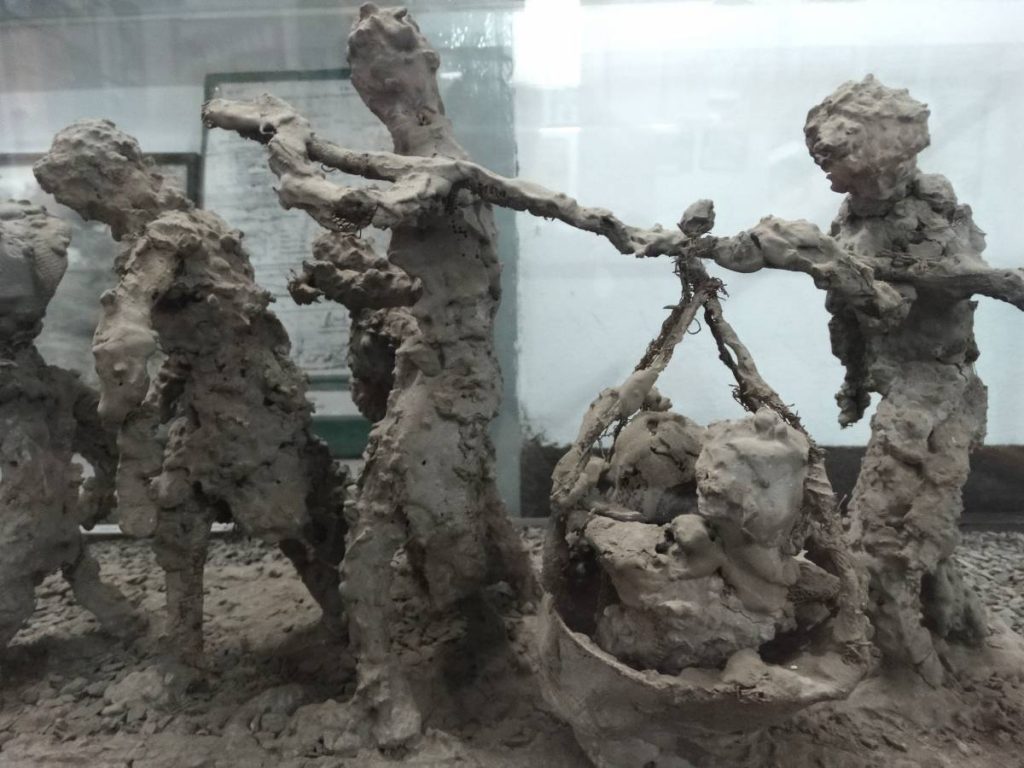
The 1974 tripartite Agreement was an executive act and it can not create any bar to prosecute member of auxiliary force or an individual or member of a group for committing war crimes, since by giving immunity to the offenders of genocide and war crimes the Agreement is in breach of customary international laws. Therefore, the 1974 trilateral Agreement can not set aside the norms of the customary international laws by prohibiting the trail of genocide and war time atrocities committed in Bangladesh. The 1974 Agreement is void to the extent it is inconsistent with the peremptory norms of general international law. Hence, under the 1974 Agreement Bangladesh is not bound to perform the obligations pertaining the prohibition of trials of the Pakistani war criminals. Bangladesh can procced with the trial of the Pakistani POWs anytime because criminal trials are not barred by any time limitation. If Nazis could be tried after 70 years of committing war crimes then a similar trial of the war criminals of Pakistani army and politicians can be started as well.
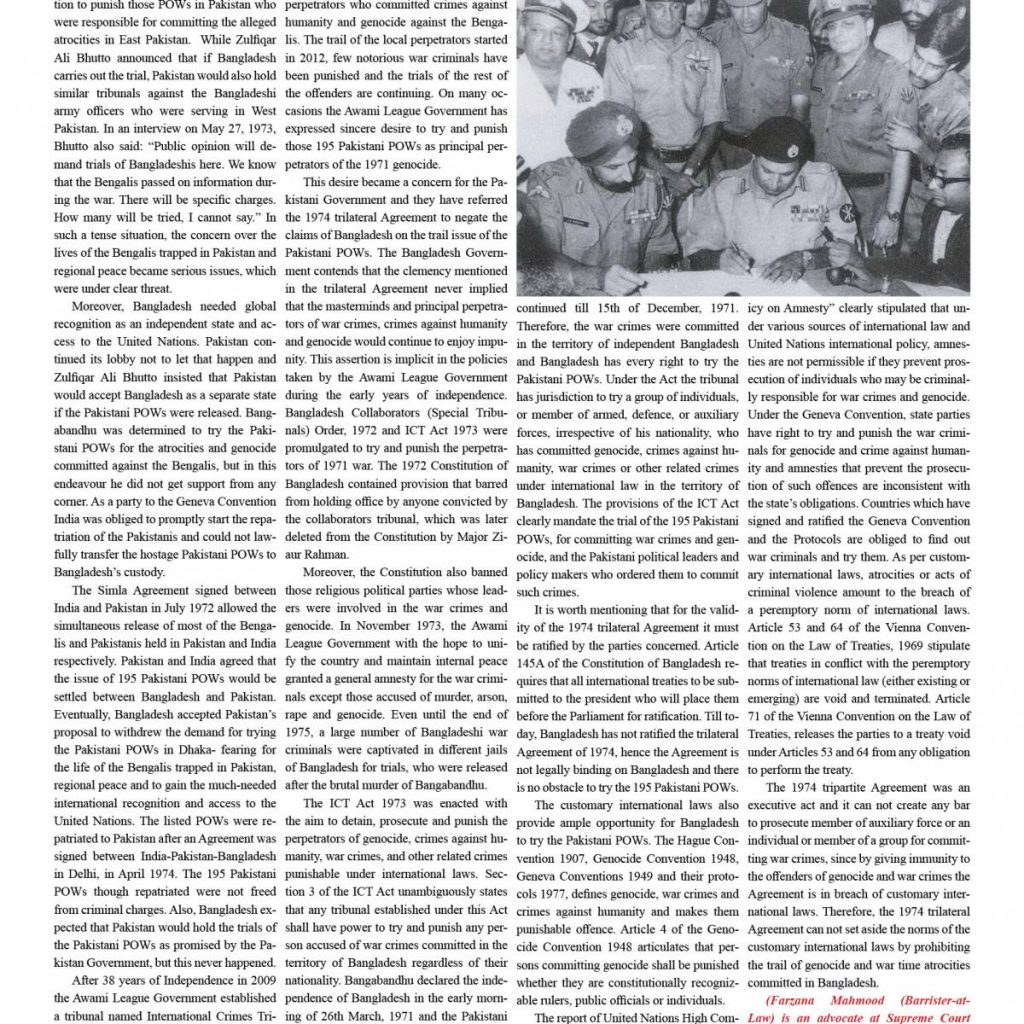
In one occasion while talking about the liberation war of Bangladesh Zulfiqar Ali Bhutto himself admitted the atrocities of the Pakistani army by saying- “The world saw what they were doing. They witnessed their cruelty’’. The gravity and extent of the war crimes committed by the Pakistani army in 1971 against the innocent people left a deep scar in the hearts and psyche of the millions of Bengalis. The pain that my mother has been bearing since 1971 after the brutal killing of my grandfather by the Pakistani army is an example among thousands of such wounded hearts. Through the trials of the notorious local war criminals the buried wounds of millions of hearts have healed to a great extent. But the impunity of the Pakistani POWs and unapologistic behaviour of the Pakistani authorities remind us that until the last offender of 1971 war crimes is tried and punished the wounds and trauma of the Bengalis would remain open for further damage. The buried wounds of the victims of war crimes and their families can be healed with pride if we can secure justice for the 1971 genocide and war crimes.
In March 2017, the Law Minister Anisul Haq stated that Bangladesh will approach the International Court of Justice to try the 195 Pakistani POWs. This commitment of the Government generates hope for us. This year we when are observing the golden jubilee of Bangladesh’s independence, it is imperative that we seek justice and compensation for the genocide and crime against humanity committed by the Pakistani forces to make our freedom meaningful. It is high time for us to build a national consensus for initiating the trial process of the Pakistani POWs. Ensuring trial, compensation and apology for the heinous war crimes committed by the Pakistani forces would secure our pride and self-esteem.
(Farzana Mahmood (Barrister-at-Law) is an advocate at Supreme Court of Bangladesh and a prominent human rights activist)
